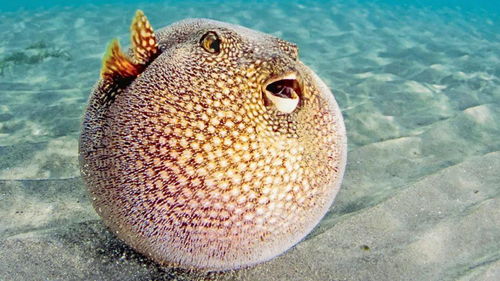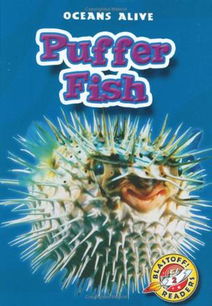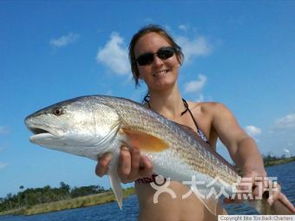
Puffer Fish Bite: A Detailed Look into the Unique and Potentially Harmful Encounter
Have you ever wondered what it feels like to be bitten by a puffer fish? These curious creatures, known for their round, balloon-like bodies and spiky defenses, have a reputation for being quite the handful. In this article, we’ll delve into the details of a puffer fish bite, exploring the causes, symptoms, and potential consequences of this peculiar encounter.
Understanding Puffer Fish Behavior

Puffer fish, also known as fugu, are found in warm ocean waters, particularly in the Pacific and Indian oceans. They are known for their ability to puff up to several times their normal size when threatened. This behavior is a defense mechanism, as the inflated body makes them less palatable to predators. However, it also makes them more susceptible to being handled by humans, which can lead to a puffer fish bite.
Causes of Puffer Fish Bites

Puffer fish bites can occur in various situations. One common cause is when a puffer fish is accidentally touched or handled by a human. Another cause is when a puffer fish feels threatened by a predator, such as a dog or a cat, and decides to bite in self-defense. In some cases, puffer fish may bite out of curiosity or aggression, especially if they are kept in an aquarium with other fish.
Symptoms of a Puffer Fish Bite

The symptoms of a puffer fish bite can vary depending on the severity of the injury. Common symptoms include pain, swelling, redness, and bleeding at the site of the bite. In some cases, the bite may become infected, leading to more severe symptoms such as fever, chills, and difficulty breathing. It’s important to note that puffer fish have spines on their bodies, which can cause additional pain and injury if they are not properly removed.
| Symptoms | Severity |
|---|---|
| Pain | Varies |
| Swelling | Varies |
| Redness | Varies |
| Bleeding | Varies |
| Infection | Severe |
| Fever | Severe |
| Chills | Severe |
| Difficulty breathing | Severe |
Preventing Puffer Fish Bites
Preventing puffer fish bites is crucial, especially if you work with or handle these creatures. Here are some tips to help you stay safe:
- Always wear gloves when handling puffer fish to protect your hands.
- Keep puffer fish in a secure, well-maintained aquarium to prevent them from escaping or being handled by humans.
- Be cautious when interacting with puffer fish in the wild, as they can be unpredictable.
- Teach children about the dangers of puffer fish and supervise them when they are around these creatures.
Treatment for Puffer Fish Bites
If you or someone else is bitten by a puffer fish, it’s important to seek medical attention immediately. Here’s what you can expect during treatment:
- Clean the wound with soap and water to prevent infection.
- Apply an ice pack to reduce swelling and pain.
- Remove any spines from the wound using tweezers or a pair of needle-nose pliers.
- Seek medical attention for further treatment, which may include antibiotics, pain medication, and wound care.
Conclusion
Puffer fish bites can be a painful and potentially harmful encounter. By understanding the behavior of these




